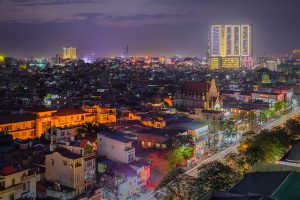
Hai Phong, Vietnam
Reverse supply chain management company Re-Teck has launched a new facility in northern Vietnam’s largest port city.

Hai Phong, Vietnam
Reverse supply chain management company Re-Teck has launched a new facility in northern Vietnam’s largest port city.
 Sadoff Iron and Metal Co. will pivot the focus at one of its facilities away from scrap metals and toward electronics recycling.
Sadoff Iron and Metal Co. will pivot the focus at one of its facilities away from scrap metals and toward electronics recycling.

S3 Recycling Solutions CEO Rod McDaniel (right) with S3 Chairman Darrell S. Freeman, Sr. at the company’s new location in Springfield, Tenn.
Based on the statistics, Rod McDaniel knows he was unlikely to become the CEO of a fast-growing electronics reuse and recycling company.
As they look to attract more multinational clients, processors have realized they need to expand their footprints. A U.S. company’s recent move shows how strategic partnerships can fit into that international equation.
A more advanced shredding and separation system will help Premier Surplus extract valuable materials from small and high-grade electronic devices.
 BlueOak Arkansas, a circuit board processing operation that received significant attention for its use of a plasma furnace, appears to be shuttering.
BlueOak Arkansas, a circuit board processing operation that received significant attention for its use of a plasma furnace, appears to be shuttering.
 IT services company Ingram Micro estimates in its latest sustainability report that it processed 26,400 tons of used electronics last year.
IT services company Ingram Micro estimates in its latest sustainability report that it processed 26,400 tons of used electronics last year.
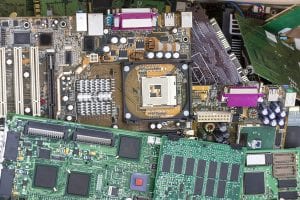 The total weight processed by Sims Recycling Solutions went down last year, likely the result of a changing electronics stream and shifting business focus, an executive said.
The total weight processed by Sims Recycling Solutions went down last year, likely the result of a changing electronics stream and shifting business focus, an executive said.
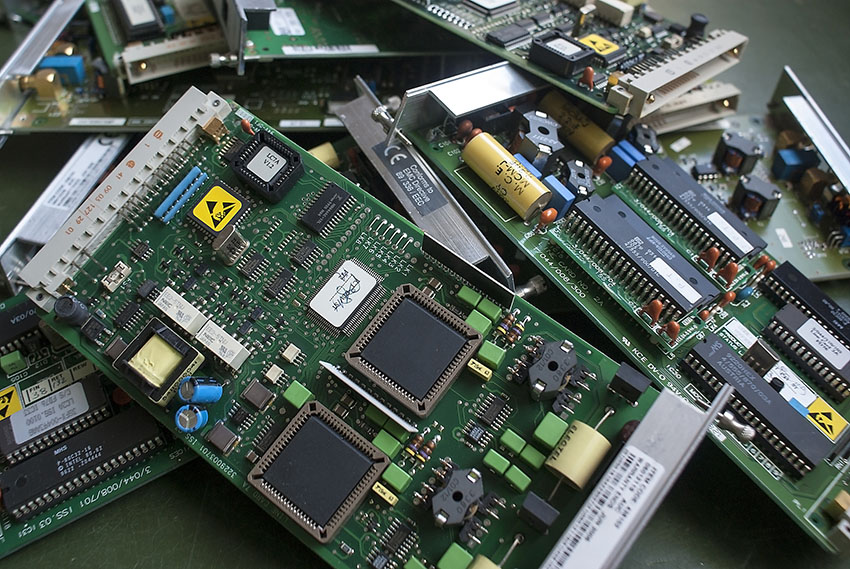 A Canadian e-scrap technology company has received over $700,000 after pitching its hydrometallurgical process on a reality TV show.
A Canadian e-scrap technology company has received over $700,000 after pitching its hydrometallurgical process on a reality TV show.
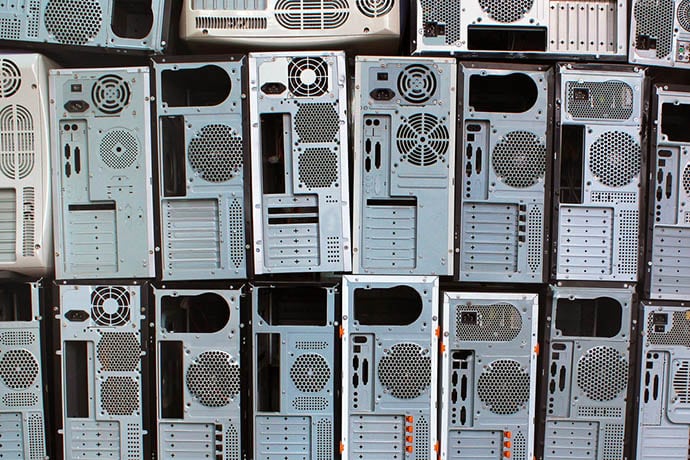 A leader at Metech Recycling envisions restructuring and reinvesting after taking the business private. Meanwhile, company representatives say they have resolved hazardous waste issues at Metech’s California facility.
A leader at Metech Recycling envisions restructuring and reinvesting after taking the business private. Meanwhile, company representatives say they have resolved hazardous waste issues at Metech’s California facility.

